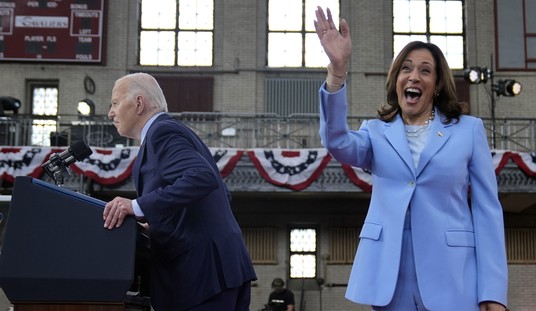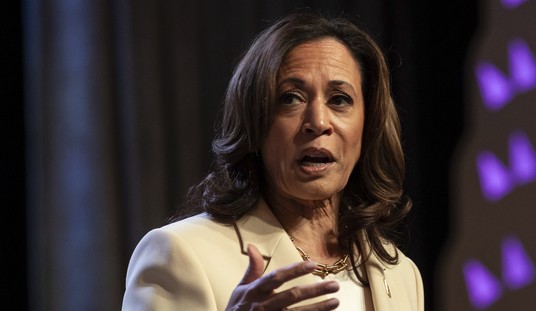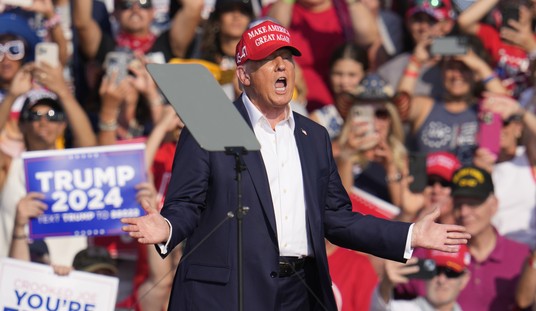Past performance in no guarantee of future results:
We spoke of 9/11 as though it were somehow equivalent to Pearl Harbor, the beginning of a global war against enemies bent on, and at least theoretically capable of, destroying the American way of life (unlike al Qaeda, a ragtag band of extremists with limited punch). We spoke of cultural wars and a divided world. We reorganized our entire security establishment to go after a few thousand bad guys. We went mad.
And now, as we are recovering our senses, withdrawing from Iraq, and soon starting to exit Afghanistan, having buried bin Laden and hosts of his henchmen, we are beginning to be able to see this. At least in theory we can. For the next couple of weeks, we will witness documentary after editorial mega-feature, interviews with victims and heroes, the American legend machine producing historical bumpf at full blast. That is not, by the way, to diminish the brutal blows struck 10 years ago or the deeply felt human experiences associated with it and its aftermath. Rather it is to say that once again we will seek to frame 9/11 as a great event, the definer of an era, when in fact, its greatest defining characteristic was that of a distraction — The Great Distraction — that drew America’s focus and that of many in the world from the greater issues of our time. That distraction and the opportunity costs associated with it were bin Laden’s triumph and our loss — and our ultimate victory will come as we get a grip back on reality.
—“The Black Hole of 9/11: As we assess the legacy of the 10th anniversary of America’s seminal terrorist attack, it’s worth looking at 10 events from the past decade that have actually been more important,” Foreign Policy, August 29th, 2011.
According to a report in the Washington Post on Friday, the administration has prepared options for legal authority to use force against IS across both Iraq and Syria. They include temporary justification under the War Powers Resolution, constitutional authority for emergency action to protect U.S. citizens, and consulting with the Congress for open-ended authorization to fight IS. But the same article states that the president has not requested to see contingency plans for broader airstrikes in Syria. If the administration goes the open-ended consultation route with Capitol Hill and the president ignores the contingency plans, it might be a signal that he is not serious about defeating IS.
But if the president does adopt a strategy to include Syria, the American people can be persuaded with an Obama-like 2008 address — such a midcourse correction is optimally-timed to save his presidency from further ignominy. As Daniel Pipes wrote, however, “I do not customarily offer advice to a president whose election I opposed,” I also hesitate to make suggestions that might save the Obama presidency. But the national interest in preventing IS from using Iraq and Syria as launching pads to execute attacks overrides political concerns.
According to Real Clear Politics, the president’s overall popularity is quite low: Between July 29 and Aug. 20, 42 percent approved and 52 percent disapproved of the overall job he was doing across nine different polls. The numbers were worse for his handling of foreign affairs, which, between July 29 and Aug. 12, only 35.8 percent of those polled approved versus 53.8 percent who disapproved over six polls.
—“Stopping the Islamic State Might Be Obama’s Chance to Salvage His Middle East Policy,” Foreign Policy, yesterday. (As the first commenter at Hot Air’s link notes, for the MSM, “Once again, it’s all about the ‘0.’”)
And then there’s the Washington Post:
Time is a flat circle RT @willrahn: 2014: Washington Post calls for America to put “boots on the ground” in Iraq http://t.co/XbjbKn3WKh
— CJ Ciaramella (@cjciaramella) August 26, 2014
Time is indeed a flat circle:
[jwplayer player=”1″ mediaid=”74878″]









Join the conversation as a VIP Member